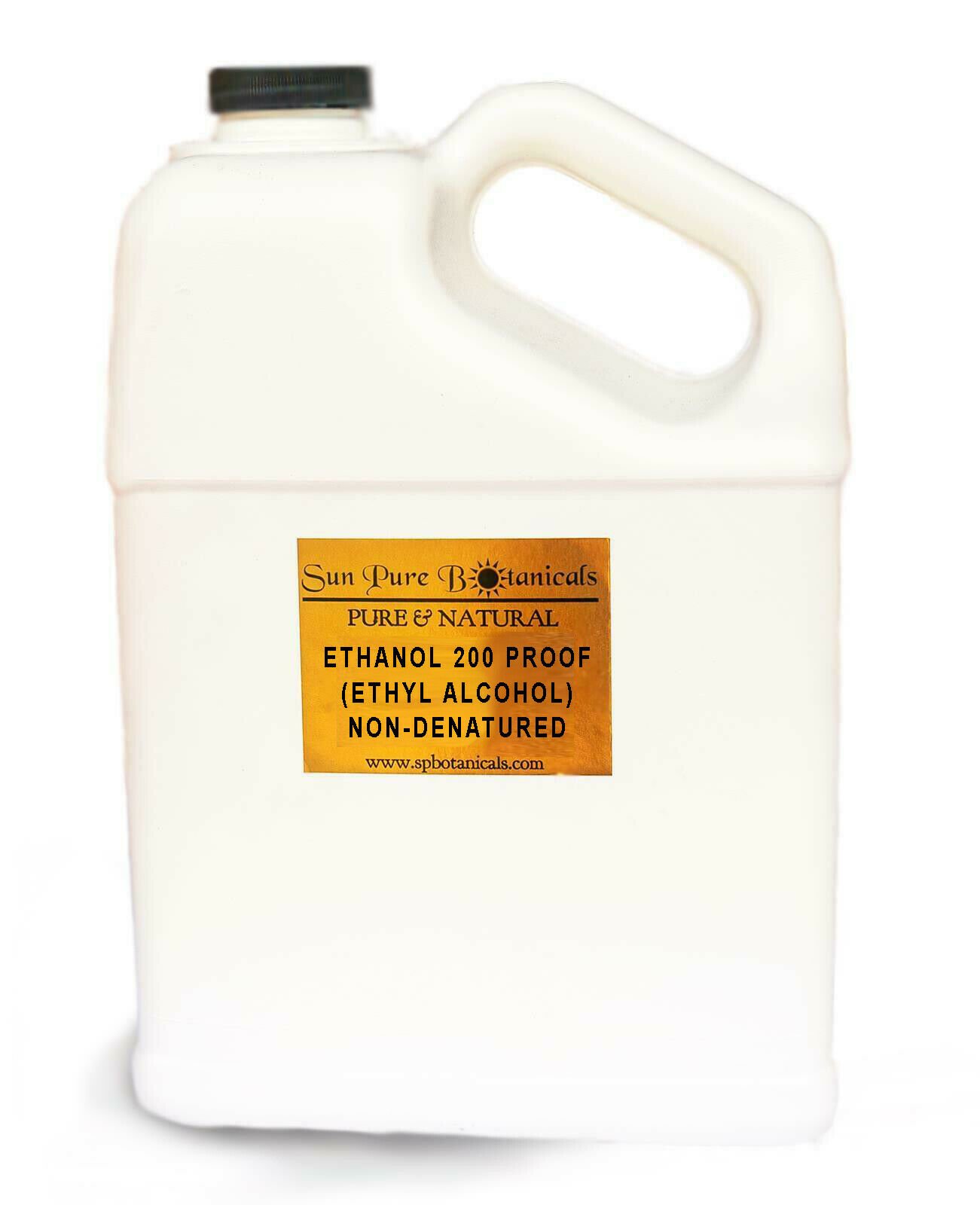Benzocaine Powder 99.9%
Benzocaine Powder 99.9%
For lab or R&D or Manufacturing use only.
Benzocaine Powder 99.9%
For lab or R&D or Manufacturing use only.
Benzocaine Powder 99.9%
For lab or R&D or Manufacturing use only.
Benzocaine Powder 100 g pure 99.9%
For lab or R&D or Manufacturing use only.
Benzocaine powder
C9H11NO2
Synonym: 4-Aminobenzoic acid ethyl ester, Ethyl 4-aminobenzoate
Benzocain was first described in 1895 by the German chemist Eduard Ritsert and approved for medical use in 1902 under name
“Anästhesin”.
Benzocaine is a PABA derivative used primarily for topical application to skin and mucous membranes. It’s a local anesthetic of the ester type with a poor solubility in water. Its minimal rate of absorption after topical administration is associated with a low incidence of systemic toxicity. Benzocaine is contraindicated in patients with known sensitivity to ester-linked anesthetics or PABA-containing compounds.
Benzocaine is normally used as a topical pain reliever or as a common ingredient in cough drops. When Benzocaine is applied (can be used in multiple forms including lotion, gel, liquid, sprays etc) it temporarily numbs or blocks the nerve endings, which leads to a decreases in the amount of pain. Benzocaine is currently used as surface anesthetic as ointments (0.5%-5% solution of benzocaine) for wounds and ulcerated surfaces in horses, cattle and sheep applied twice a day until healing.
A commonly used topical pain reliever. Main active ingredient in anesthetic ointments.







